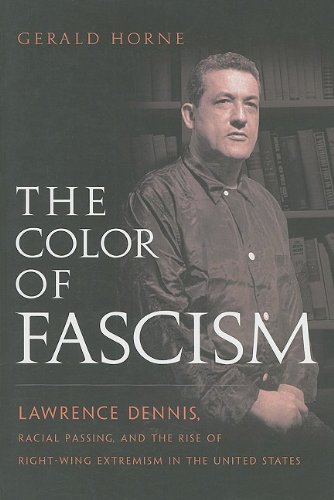Obama Urges Morehouse Graduates to ‘Keep Setting an Example’Posted in Articles, Barack Obama, Campus Life, Media Archive, Politics/Public Policy, United States on 2013-05-20 02:54Z by Steven |
Obama Urges Morehouse Graduates to ‘Keep Setting an Example’
The New York Times
2013-05-19
ATLANTA — President Obama came to Morehouse College, the alma mater of the Rev. Dr. Martin Luther King Jr., on Sunday to tell graduates, 50 years after Dr. King’s landmark “I Have a Dream” speech in Washington, that “laws and hearts and minds have been changed to the point where someone who looks just like you can somehow come to serve as president of these United States.” [Read the transcript here.]
The president tied Dr. King’s journey to his own, speaking in forthright and strikingly personal terms about his struggles as a young man with an absent father, a “heroic single mom,” and the psychological burdens of being black in America.
He also issued a challenge to the graduating class, imploring the young men of Morehouse, the nation’s only historically black, all-male college, to be responsible family men, to set an example, and to extend a hand to those less privileged than them.
While Mr. Obama has struck these themes before, he has rarely done so in such unsparing terms. After a week in which his presidency seemed adrift on a sea of controversies, the speech served as both a reminder of his historic role and an emphatic change of subject.
“We know that too many young men in our community continue to make bad choices,” Mr. Obama said. “And I have to say, growing up I made quite a few myself. Sometimes I wrote off my own failings as just another example of the world trying to keep a black man down.”…
Read the entire article here.
